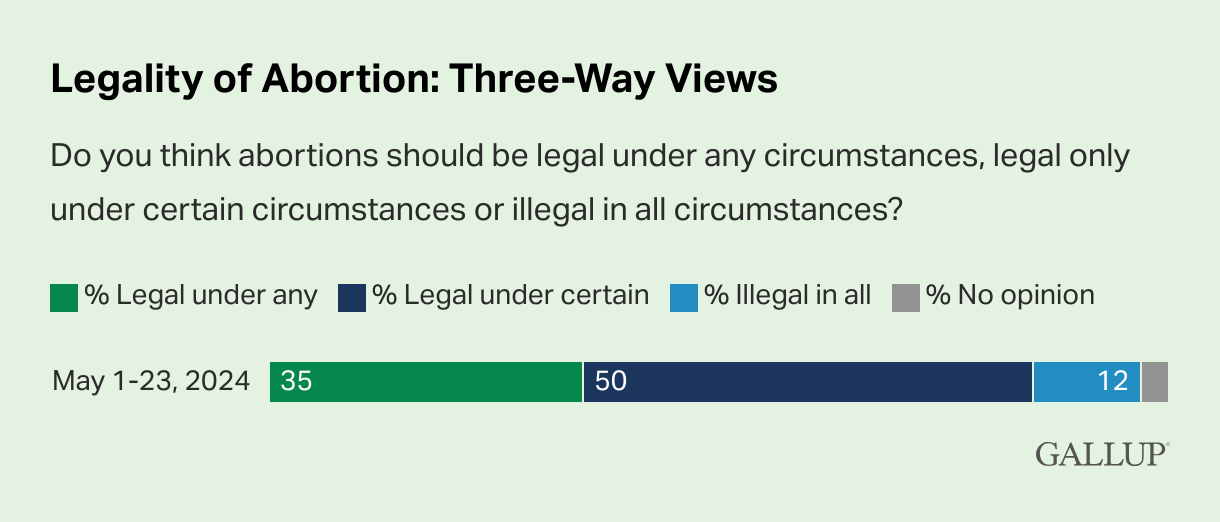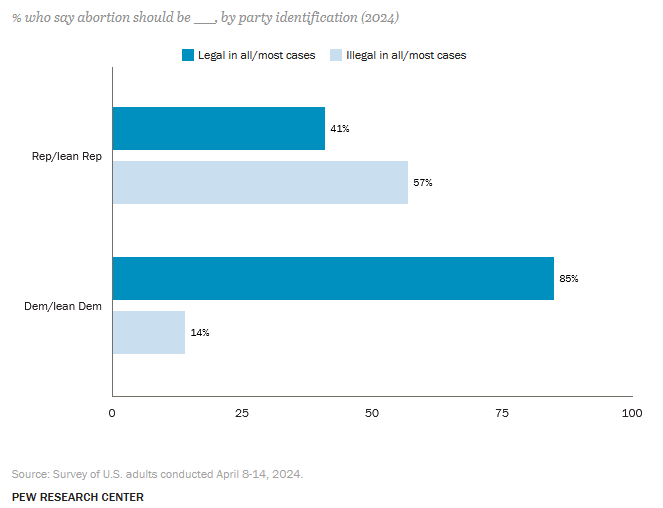

I don’t think they believe it works.
I think they just believe that shootings are bound to happen, because why else would they be happening on such a regular basis?
It’s the constant deflection of responsibility, from our choices as a society, to some indeterminate outside force.
Poverty and increasing cost of living? It’s all those darn immigrants.
Your job not paying you enough? Must be overseas industry.
They don’t think their prayers will prevent a school shooting, they just don’t think there’s other options to prevent it that will actually work without “taking away their freedom” (-to own a gun that’s more likely to harm them than protect them)




As much as it fills me with joy to see fascists like JD Vance get mauled by their own past words, I hate how much this will be propped up as an argument against him today.
I think we can all agree that people change their minds, whether it be from propaganda, malicious intent, or genuine education, so the only thing he has to do to escape this line of attack is just say “my opinions changed.”
I’m sure that to a degree, he still believes what he originally wrote, but has simply repressed it in favor of being able to do less thinking about his political positions, and garner more public attention and power.